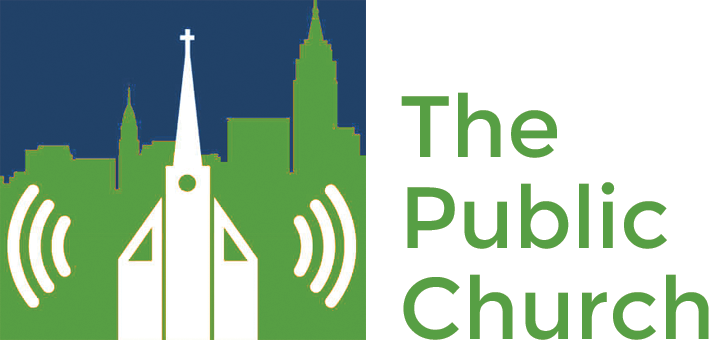I see college chaplains needing to fulfill the role of “culture workers,” in Paolo Freire’s terminology. You are, after all, the custodians of great traditions and our society badly needs you to function as such.
How? By giving students the platform, the budget and the permission to engage first-hand with the great issues and the primary texts, to articulate issues or to perform texts. Let them open up a public space that did not exist before, not around the subject of religion anyway.
It is what Hannah Arendt called for in celebrating the public arena (The Human Condition, 1958). It is what Parker Palmer called for when he wrote about encountering difference in others (The Company of Strangers, 1983). It is what Andrew Delbanco saw when he pointed out the link between religion, properly defined, and democracy (College: What It Was, Is, and Should Be, 2002). It is what Martha Nussbaum meant by calling higher education back to some acknowledgement of soul (Not for Profit: Why Democracy Needs the Humanities, 2010). It is what campus administrators call for when they promote civic engagement.
But much as we have longed for the public experience, we nevertheless find it elusive. So here is exactly the ministry that I see awaiting adoption by the religious chaplains: give students the reins.
